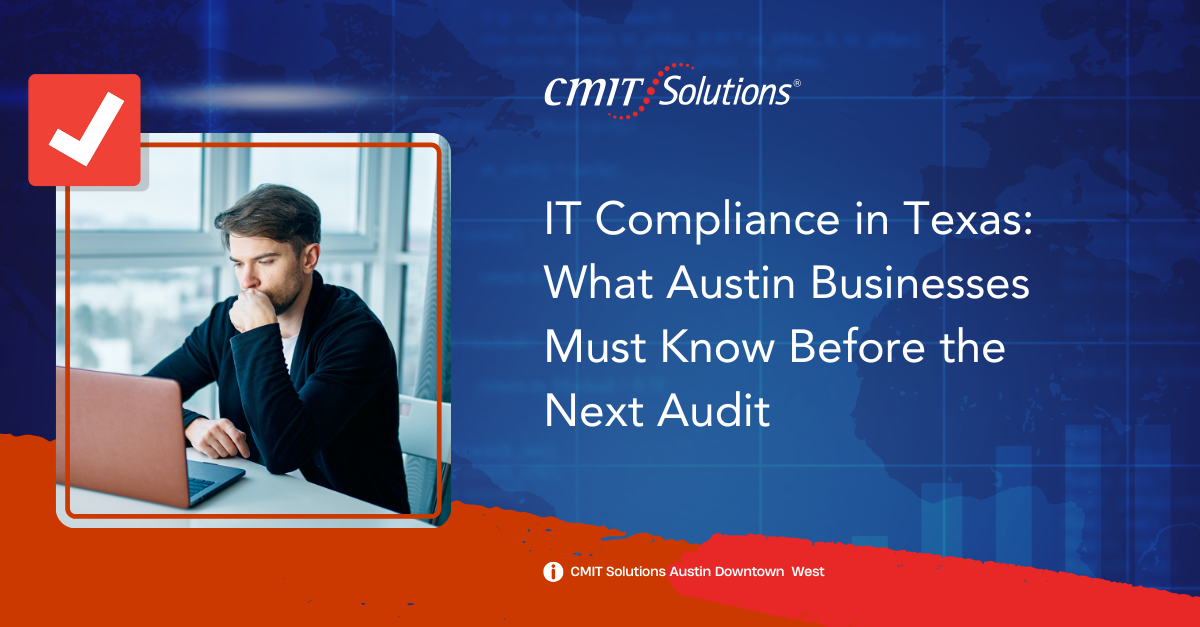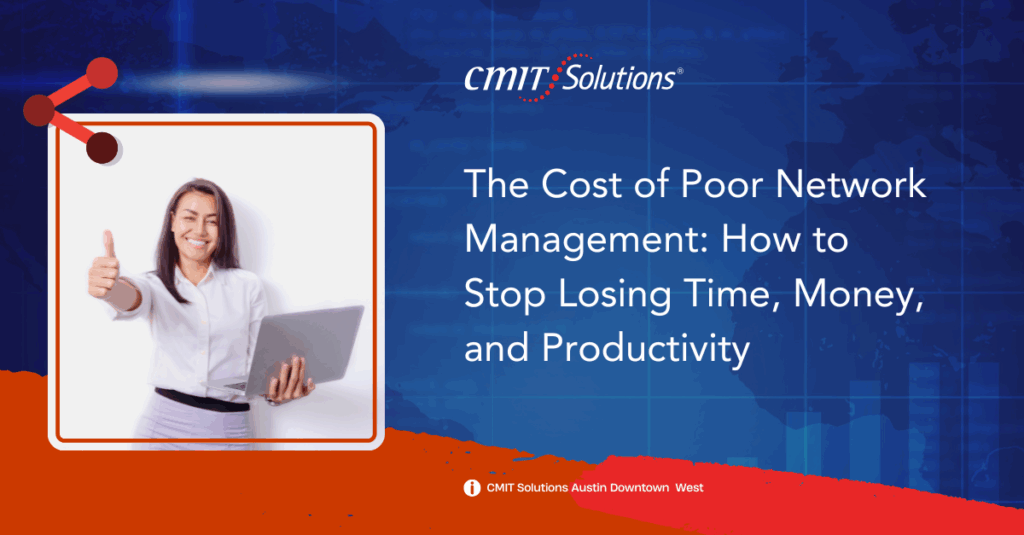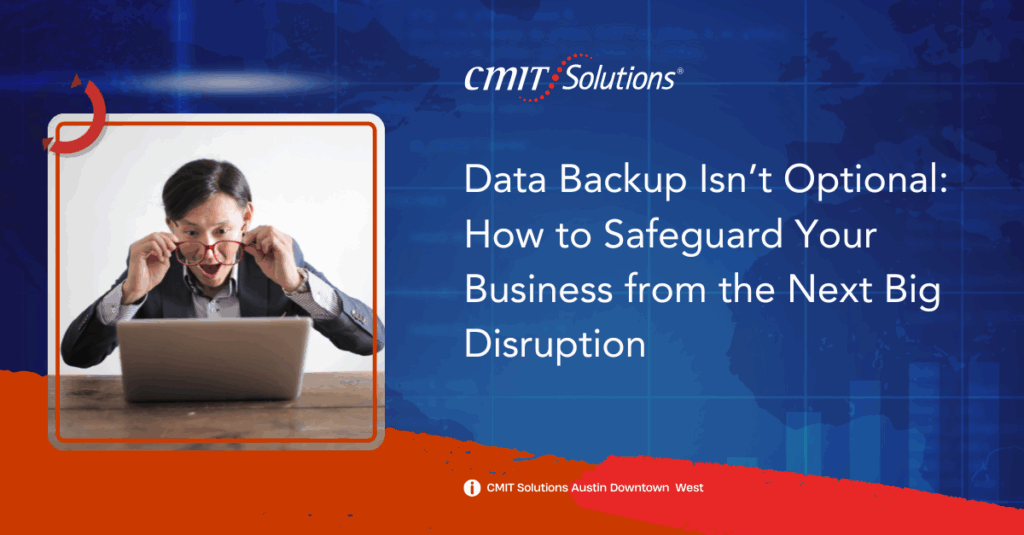Introduction
In today’s technology-driven world, IT compliance is more than just a legal checkbox—it’s an essential component of a company’s security, operations, and reputation. For businesses based in Austin, Texas, understanding state-specific regulations and best practices is crucial for avoiding fines and staying competitive. This comprehensive guide explores what Austin businesses need to know about IT compliance before their next audit and how to stay prepared.
Why IT Compliance Is Critical for Austin Businesses
Austin’s diverse industries—from tech startups to healthcare providers—face a variety of regulations. Whether it’s HIPAA for healthcare, PCI-DSS for retail, or GDPR for international dealings, compliance protects sensitive data and bolsters trust. Being proactive in compliance also enhances overall security and operational resilience.
Partnering with a trusted Austin-based IT support firm can streamline compliance by integrating local regulatory expertise into your daily operations.
Texas-Specific Compliance Laws to Know
Several laws uniquely affect businesses operating in Texas:
- Texas Identity Theft Enforcement and Protection Act (TITEPA): Requires firms to implement protective measures for sensitive data.
- Texas Medical Privacy Act: Extends HIPAA protections for healthcare organizations.
- Texas Data Breach Notification Law: Enforces strict disclosure timelines for compromised data.
Choosing a knowledgeable managed IT provider ensures adherence to these requirements.
Challenges Faced by Austin Companies
Even with the best intentions, businesses often struggle with:
- Disorganized documentation
- Untrained staff
- Inconsistent encryption
- Poor integration of systems
Enlisting the help of a professional IT support team can ensure these gaps are addressed and regularly audited.
Local IT Support Adds Strategic Value
A managed IT services provider that’s familiar with Austin’s business landscape can offer:
- Fast on-site support
- Tailored security solutions
- Insights into regional compliance trends
Their community connections often translate into more effective collaboration during audits and evaluations.
Building a Strong Compliance Framework
An effective compliance strategy includes:
- Thorough risk assessments
- Clear policy documentation
- Employee education and training
- Automated monitoring and auditing
- Well-documented incident response plans
These practices form the core of a reliable business continuity plan.
Cybersecurity and Compliance Go Hand in Hand
Strong cybersecurity is essential for meeting compliance standards. Important tools include:
- Multi-Factor Authentication
- Endpoint Detection and Response
- Data encryption
- Network segmentation
- Timely updates and patches
Implementing these technologies significantly reduces risk and aligns with regulatory mandates.
Steps to Prepare for Your Next Audit
Here’s how to stay ahead:
- Keep all documentation updated and accessible
- Conduct periodic internal audits
- Assign a compliance lead or officer
- Run mock drills using your secure backups and disaster recovery
Partnering with IT compliance experts in Texas makes this process more efficient and stress-free.
Industry-Specific Considerations
Each field comes with its own rules:
- Healthcare: HIPAA + Texas Medical Privacy Act
- Finance: GLBA + Cybersecurity best practices
- Retail: PCI-DSS compliance
- Legal: Confidential client data management
Your Austin IT support services partner should have tailored solutions for your industry.
Documentation: The Cornerstone of Compliance
Your audit is only as good as your documentation. Focus on:
- Logging access and usage
- Tracking updates and patches
- Recording employee training
- Testing incident response plans
Proper records create transparency and trust.
Compliance Automation Saves Time
Modern tools simplify compliance:
- Automated risk assessments
- Real-time compliance alerts
- Regular updates
- Continuous monitoring
Investing in compliance automation helps you scale securely.
Cloud Services and Your Compliance Strategy
Many Austin firms are embracing the cloud, which requires:
- Working with compliant cloud vendors
- Understanding shared responsibility
- Ensuring disaster recovery protocols are in place
Reliable cloud services strengthen compliance while offering scalability.
Emerging Compliance Trends to Watch
Looking ahead:
- Rising privacy laws like CCPA and potential federal standards
- Third-party risk management
- AI governance protocols
- New frameworks such as CMMC for government vendors
Staying ahead with expert IT guidance ensures compliance readiness.
Conclusion
Achieving and maintaining IT compliance in Austin requires a blend of technical expertise, up-to-date knowledge of regulations, and proactive support. By collaborating with a skilled Austin-based IT support firm, businesses can transform compliance from a challenge into a strategic advantage.
Make audit prep a routine, not a panic. With local insight, the right tools, and responsive support, you can protect your business, build client trust, and position yourself for long-term success.







